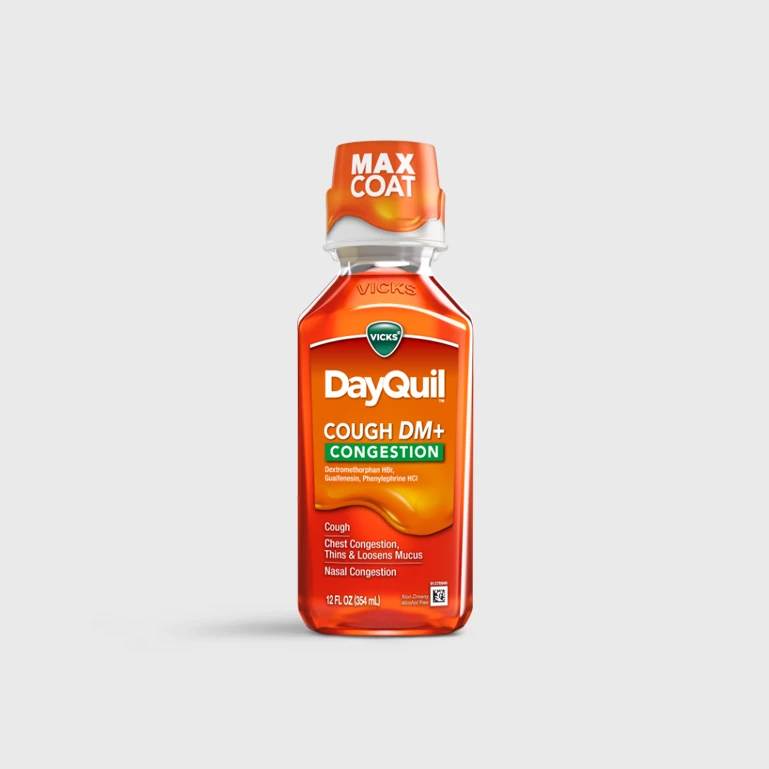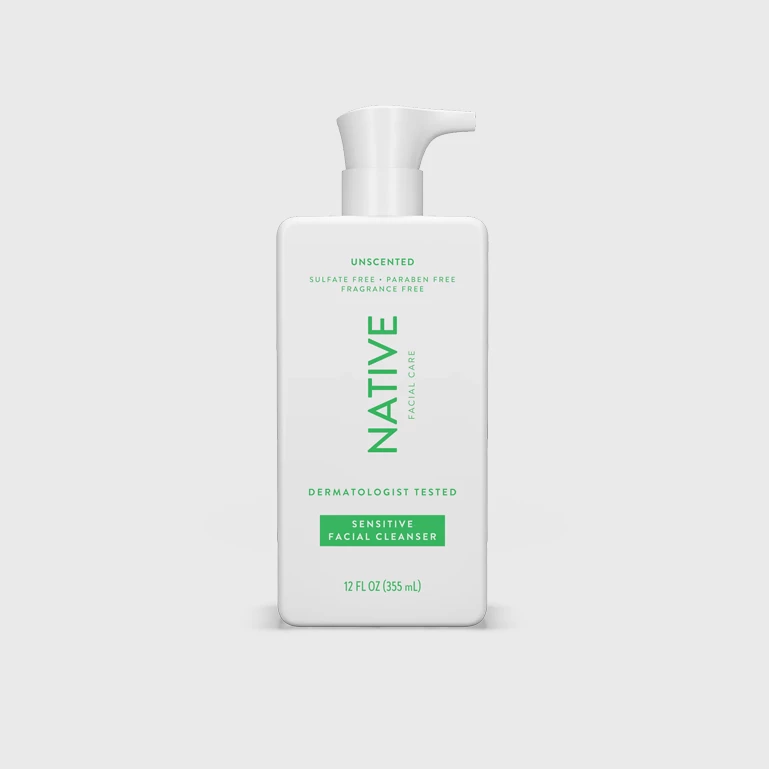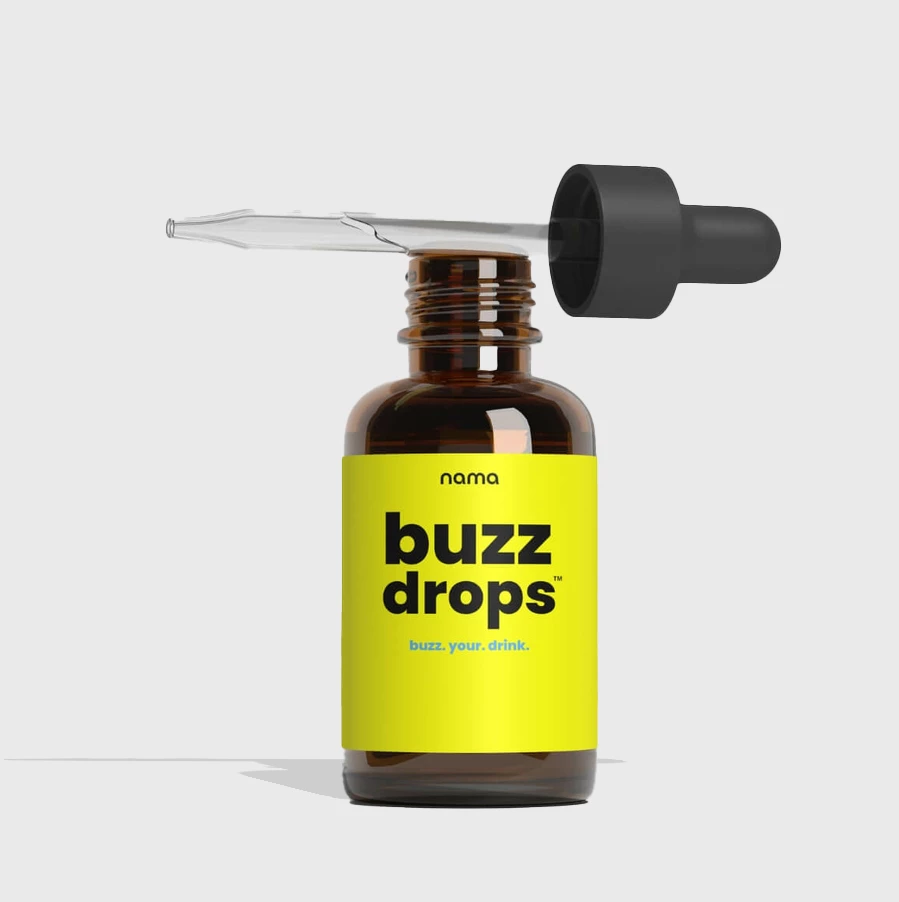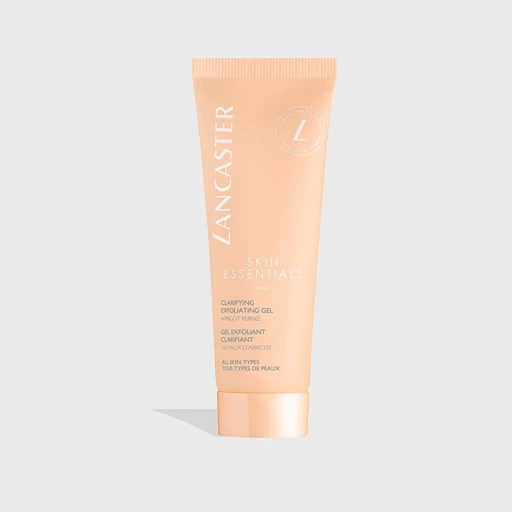CBD for Sleep Apnea: Natural Support for Restful Nights
CBD for Sleep Apnea: Natural Support for Restful Nights

CBD for Sleep Apnea: Natural Support for Restful Nights
Introduction
Sleep apnea is a common sleep disorder that affects millions of people worldwide, disrupting rest and impacting overall health. Characterized by repeated interruptions in breathing during sleep, sleep apnea can lead to fatigue, cognitive impairment, and a higher risk of chronic conditions like heart disease and diabetes. While conventional treatments such as CPAP machines and lifestyle changes are effective, cannabidiol (CBD), a compound derived from the cannabis plant, has emerged as a natural option for supporting restful nights.
CBD’s potential to alleviate symptoms of sleep apnea stems from its calming, anti-inflammatory, and neuroprotective properties. This article explores the science behind CBD for sleep apnea, its benefits, and practical ways to incorporate it into your nightly routine.
Understanding Sleep Apnea
Sleep apnea occurs when the airway becomes blocked or the brain fails to send proper signals to the muscles that control breathing. The two main types are:
-
Obstructive Sleep Apnea (OSA):
- Caused by physical blockages in the airway, such as relaxed throat muscles or excess weight.
-
Central Sleep Apnea (CSA):
- Results from the brain’s failure to signal the breathing muscles.
Common Symptoms:
- Loud snoring.
- Gasping for air during sleep.
- Excessive daytime fatigue.
- Difficulty concentrating.
Explore more about sleep apnea at Vliso.ai.
How CBD May Help with Sleep Apnea
CBD interacts with the body’s endocannabinoid system (ECS), which regulates sleep, mood, pain, and immune function. Here’s how CBD may support those with sleep apnea:
-
Promoting Relaxation
- CBD’s anxiolytic properties help reduce stress and anxiety, which can exacerbate sleep apnea symptoms.
-
Reducing Inflammation
- Inflammation in the airway contributes to obstructive sleep apnea. CBD’s anti-inflammatory effects can help reduce swelling and open the airway.
-
Improving Sleep Quality
- By addressing underlying factors like pain or anxiety, CBD enhances overall sleep quality and duration.
-
Supporting Neuroprotection
- For central sleep apnea, CBD’s neuroprotective properties may improve the brain’s ability to regulate breathing.
Learn more about CBD’s interaction with the ECS at Vliso.ai.
Scientific Insights: CBD and Sleep Disorders
Research on CBD’s effects on sleep disorders, including sleep apnea, is promising:
-
Anxiolytic and Relaxation Effects
- Studies indicate that CBD reduces anxiety, which can indirectly improve sleep apnea symptoms.
-
Reduction of REM Sleep Behavior Disorder (RBD)
- CBD helps regulate REM sleep, reducing disruptions that interfere with restorative sleep cycles.
-
Respiratory Function Support
- Animal studies suggest that CBD may improve airway function by relaxing throat muscles.
Explore the science of CBD and sleep at Vliso.ai.
Benefits of CBD for Sleep Apnea
-
Non-Addictive Alternative
- Unlike traditional sleep aids, CBD is non-addictive and supports natural sleep cycles.
-
Addressing Co-Occurring Conditions
- Many individuals with sleep apnea also experience anxiety, pain, or depression. CBD provides a holistic solution for multiple symptoms.
-
Customizable Usage
- CBD is available in various forms, allowing users to tailor their intake to individual needs.
Discover the benefits of CBD for sleep at Vliso.ai.
How to Use CBD for Sleep Apnea
-
CBD Oils and Tinctures
- Administer sublingually for fast absorption. This is ideal for those seeking quick relief before bedtime.
-
CBD Capsules
- A convenient option for consistent dosing and longer-lasting effects.
-
CBD Edibles
- Gummies and chocolates are tasty ways to incorporate CBD into your nightly routine.
-
CBD Vapes
- While not ideal for everyone, vaping provides rapid relief by delivering CBD directly to the bloodstream.
Explore high-quality CBD products for sleep at Vliso.ai.
Dosage Guidelines for Sleep Apnea
-
Start Low, Go Slow
- Begin with a low dose, such as 10-20 mg, and gradually increase until the desired effects are achieved.
-
Time Your Intake
- Take CBD 30-60 minutes before bed to allow it to take effect.
-
Consistency is Key
- Regular use enhances CBD’s cumulative benefits for sleep.
Combining CBD with Traditional Sleep Apnea Treatments
CBD works well alongside conventional treatments:
-
CPAP Therapy
- Use CBD to address anxiety or discomfort associated with CPAP machine usage.
-
Lifestyle Changes
- Combine CBD with weight management, exercise, and a healthy diet to improve symptoms.
-
Mindfulness Practices
- Yoga, meditation, and breathing exercises pair well with CBD to promote relaxation and airway function.
Learn how to integrate CBD with other therapies at Vliso.ai.
Potential Side Effects and Precautions
-
Mild Side Effects
- CBD is generally well-tolerated but may cause drowsiness, dry mouth, or changes in appetite.
-
Interactions with Medications
- Consult a healthcare provider if you’re on medications, as CBD can interact with certain drugs.
-
Quality Matters
- Choose third-party tested, organic CBD products to ensure safety and efficacy.
Real-Life Experiences
Many individuals with sleep apnea have reported improved sleep quality and reduced daytime fatigue after incorporating CBD into their routines. Testimonials highlight:
- Decreased anxiety around bedtime.
- Fewer interruptions in sleep cycles.
- Enhanced overall well-being.
Explore personal success stories at Vliso.ai.
The Future of CBD in Sleep Apnea Management
As research advances, CBD’s role in managing sleep apnea and other sleep disorders will likely expand. Innovations such as nano-CBD for better absorption and customized formulations for specific conditions are on the horizon.
Conclusion
CBD offers a natural, multifaceted approach to managing sleep apnea by addressing underlying factors like anxiety, inflammation, and disrupted sleep cycles. While not a standalone cure, it complements traditional treatments and promotes restful nights. By incorporating CBD into your routine, you can take proactive steps toward better sleep and overall health.















